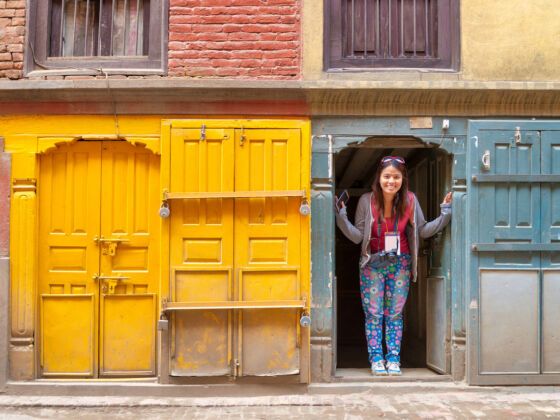1. You become used to explaining to people back home that Nepal is not Tibet or India.
I had a friend who was convinced I lived in Tibet. I’ve never been to Tibet, and have rarely (if ever) mentioned the place in conversation. No matter how many times I referred to Nepal, she would respond with ‘Tibet’. Others assume that I’m living in India because of some of the things I post on social media — photos of Hindu temples, curry, and women in saris.
